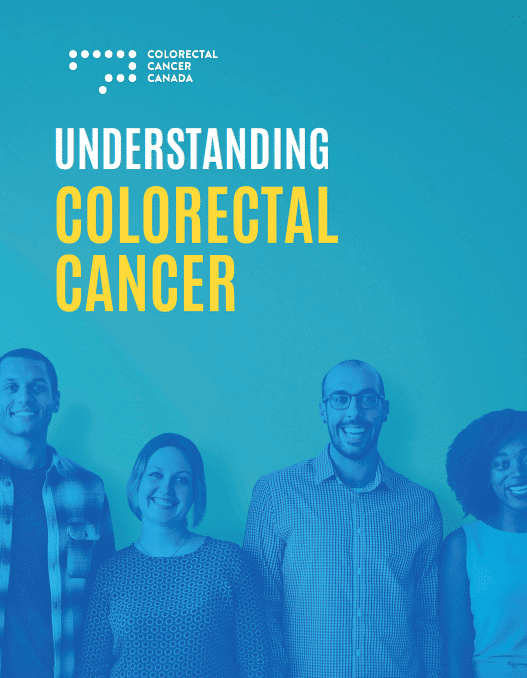Colorectal Cancer Overview

Understanding Colorectal Cancer Colorectal Cancer Canada Learn where colorectal cancer starts, ways to prevent it, tests to diagnose it, the options for treatment, and what to do after you have finished treatment. Find out about symptoms and causes for this cancer that starts in the large intestine. learn about treatment options, including minimally invasive surgery.

Colorectal Cancer Overview Blog Main This chapter provides an overview of colorectal cancer. epidemiology, etiology, pathogenesis, clinical manifestations, diagnosis, treatment, prognosis, and prevention strategies of colorectal cancer are discussed. Some 145,000 people in the u.s. are diagnosed with colon cancer and rectal cancer each year. learn about screening, prevention, and treatment options. Colorectal cancer is cancer that starts in either your colon or your rectum. learn more about symptoms, diagnosis, and treatments. Colorectal cancer is a type of cancer that affects the colon (large intestine) or rectum. it is one of the most common types of cancer worldwide. it can cause severe harm and death. the risk of colorectal cancer increases with age. most cases affect people over 50 years old.

Colorectal Cancer Shanks Surgery Colorectal cancer is cancer that starts in either your colon or your rectum. learn more about symptoms, diagnosis, and treatments. Colorectal cancer is a type of cancer that affects the colon (large intestine) or rectum. it is one of the most common types of cancer worldwide. it can cause severe harm and death. the risk of colorectal cancer increases with age. most cases affect people over 50 years old. Colorectal cancer often begins as a growth called a polyp inside the colon or rectum. finding and removing polyps can prevent colorectal cancer. explore the links on this page to learn more about colorectal cancer prevention, screening, treatment, statistics, research, clinical trials, and more. Colorectal cancer is diagnosed in more than 130,000 people each year in the u.s. alone. get in depth colorectal cancer information here on including articles on causes, symptoms,. Colorectal cancer, also known as bowel cancer, colon cancer, or rectal cancer, is the development of cancer from the colon or rectum (parts of the large intestine). it is the consequence of uncontrolled growth of colon cells that can invade spread to other parts of the body. [5] signs and symptoms may include blood in the stool, a change in bowel movements, weight loss, abdominal pain and. Colorectal cancer is cancer that starts in either your colon or your rectum. these make up the lower part of your digestive or gastrointestinal (gi) tract. both types of cancer have a lot in common. so they're often called colorectal cancer. the colon and rectum make up the large intestine. this is sometimes called the large bowel.

Colorectal Cancer Overview Hospital Professional News Colorectal cancer often begins as a growth called a polyp inside the colon or rectum. finding and removing polyps can prevent colorectal cancer. explore the links on this page to learn more about colorectal cancer prevention, screening, treatment, statistics, research, clinical trials, and more. Colorectal cancer is diagnosed in more than 130,000 people each year in the u.s. alone. get in depth colorectal cancer information here on including articles on causes, symptoms,. Colorectal cancer, also known as bowel cancer, colon cancer, or rectal cancer, is the development of cancer from the colon or rectum (parts of the large intestine). it is the consequence of uncontrolled growth of colon cells that can invade spread to other parts of the body. [5] signs and symptoms may include blood in the stool, a change in bowel movements, weight loss, abdominal pain and. Colorectal cancer is cancer that starts in either your colon or your rectum. these make up the lower part of your digestive or gastrointestinal (gi) tract. both types of cancer have a lot in common. so they're often called colorectal cancer. the colon and rectum make up the large intestine. this is sometimes called the large bowel.
Comments are closed.